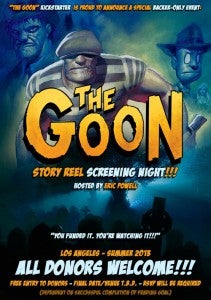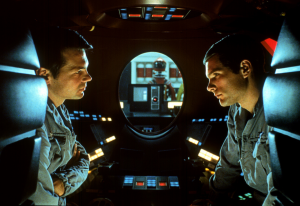Amid a flurry of Internet controversy around Zach Braff, Penny Arcade and Veronica Mars Kickstarter campaigns, Kickstarter founders Perry Chen, Yancey Strickler, and Charles Adler have issued a brief statement via the site’s blog to address the question of “Who is Kickstarter for?”.If you haven’t been following, the crowdfunding site, where artists and innovators can go and effectively ask their supporters to pre-order goods and services to bankroll the production budget of their goods, has come under fire of late because famous people with more access to funds have begun to use Kickstarter.There are a variety of reasons that this is done, but generally the answer that established artists like Zach Braff, or comic artist Jamal Igle, give is that if they can find a way to fund their art that doesn’t involve going to a publisher or studio, it means they can keep the rights to their own material, and execute their art without creative interference on the part of those providing the money.Detractors say, essentially, that sites like Kickstarter should be reserved for the truly impoverished–that starving artists with nowhere to turn for funding should use the site, while the famous and comparatively wealthy should ask their friends and professional connections for help.
Videos by ComicBook.com
The Veronica Mars and Zach Braff projects have brought tens of thousands of new people to Kickstarter. 63% of those people had never backed a project before. Thousands of them have since gone on to back other projects, with more than $400,000 pledged to 2,200 projects so far. Nearly 40% of that has gone to other film projects.We’ve seen this happen before. Last year we wrote a post called Blockbuster Effects that detailed the same phenomenon in the Games and Comics categories. Two big projects brought tons of new people to Kickstarter who went on to back more than 1,000 other projects in the following weeks, pledging more than $1 million. Projects bring new backers to other projects. That supports our mission too.










